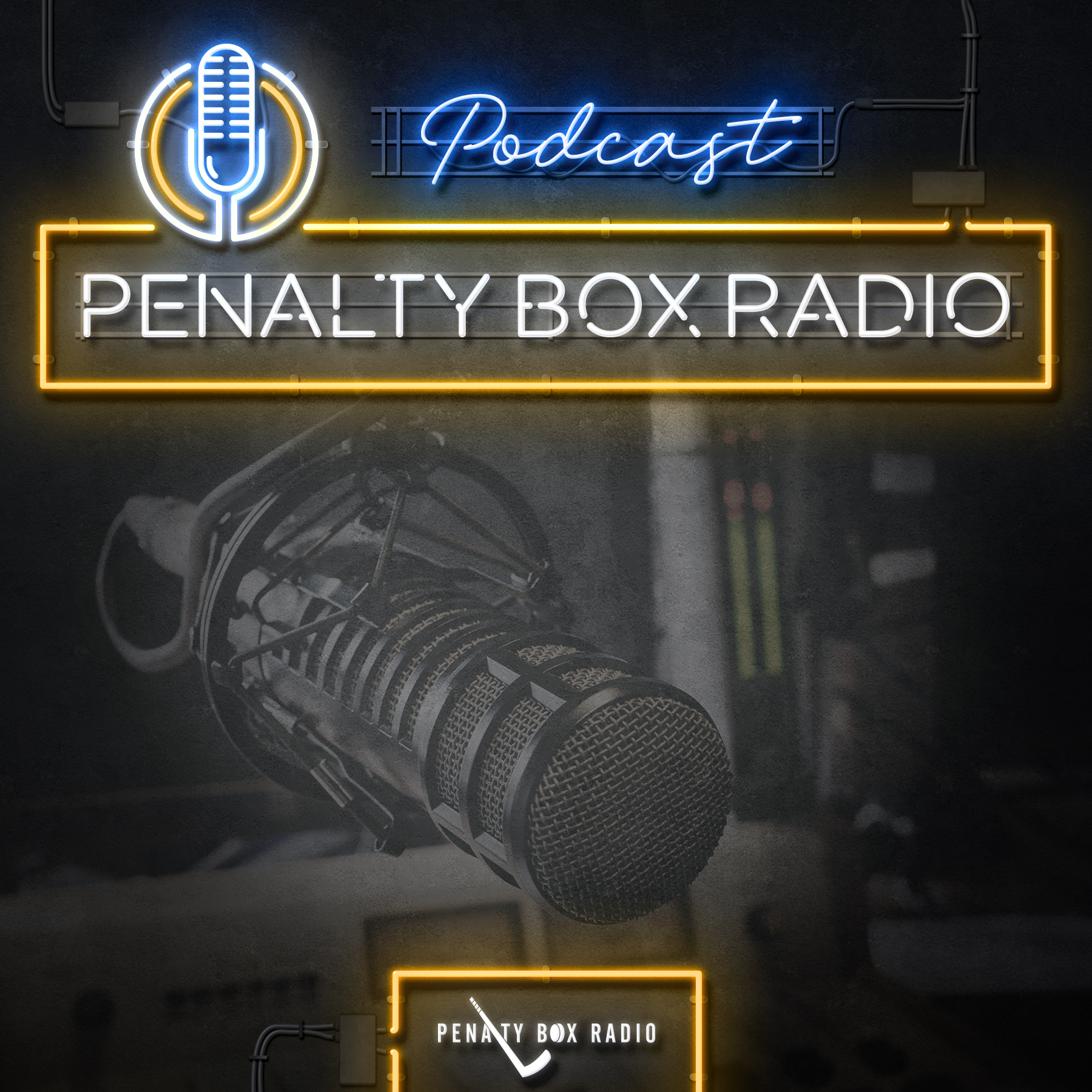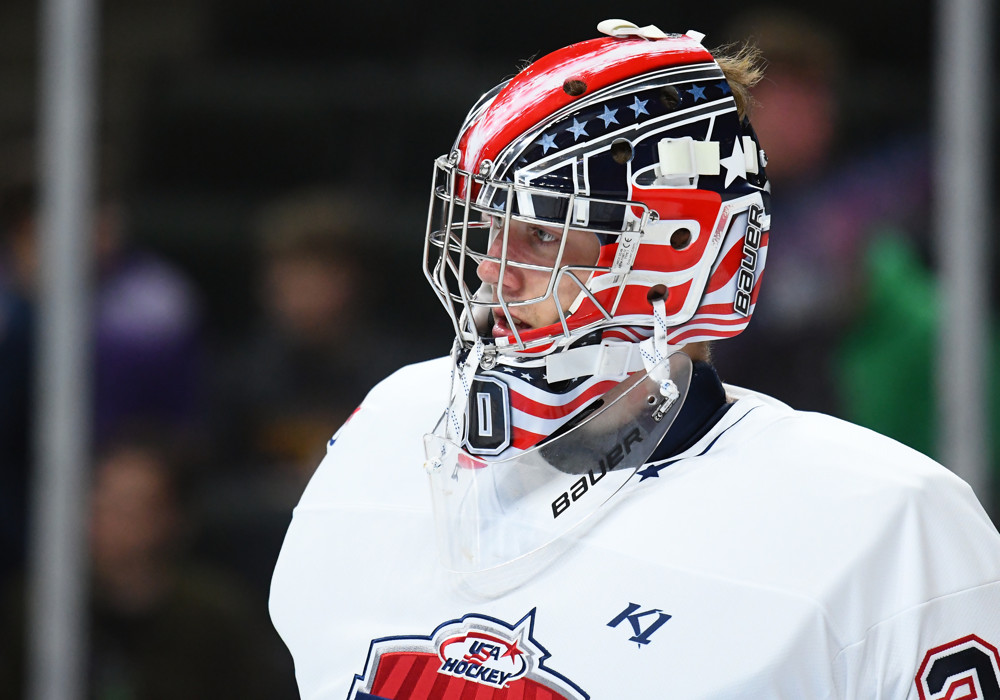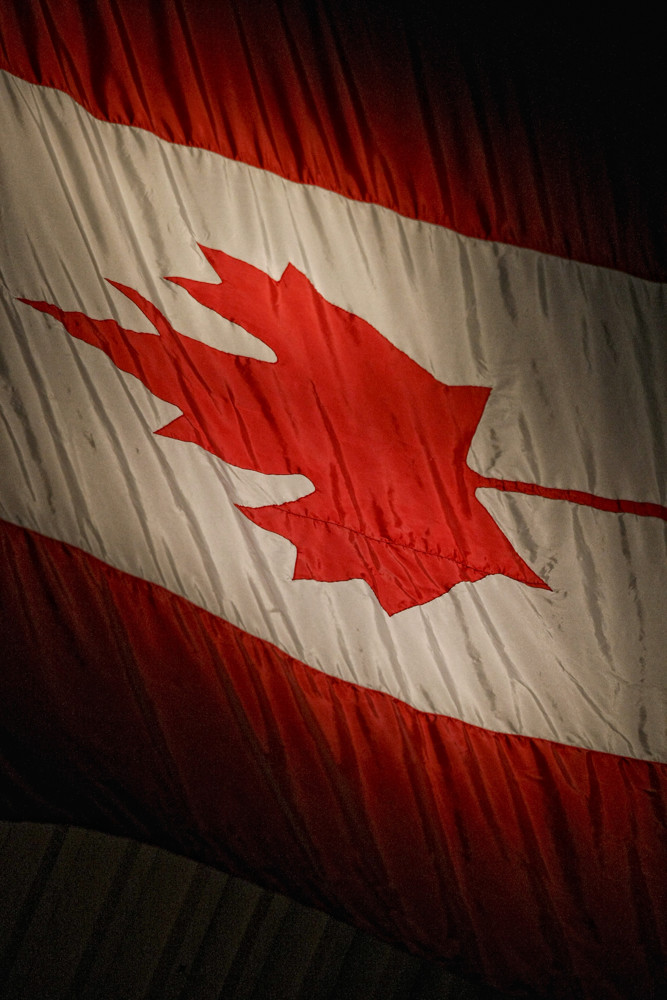Kelowna, British Columbia isn’t a small town by any means, but it has that feel as soon as you enter the city. Nestled in the Okanagan Valley on a beautiful lake, Kelowna is home to the Kelowna Rockets of the Western Hockey League (WHL). Although the Rockets have been in Kelowna for 20 years, the franchise’s roots go back to Tacoma, Washington. The team is beloved to community and has produced a wealth of star talent in the NHL. According to owner, president and general manager Bruce Hamilton, the success began once they found their home in what is now Prospera Place.
“Once we moved into the new building 15 years ago, it’s taken right off with great support everyone,” said Hamilton. “We’ve developed a lot of players, too, which is real important for us. The amazing this is that the majority of them live here in the summer, so it’s great to have them around.”
Having so many NHLers call Kelowna home during the offseason is a testament to its appeal. After a drive through the mountains, covering multiple ranges, the city appears with a tremendous backdrop of snow-capped peaks. Winning the Memorial Cup in 2004 as the host put the city on the map as not only a place to live, but as a destination for development of hockey players.
“That was the greatest experience for us and for my family, in particular, to finally climb the hill and win the whole thing,” said Hamilton. “It was just an unbelievable experience and it really put this city on the map as a major junior hockey city that develops good players and has great fans.”
For those unfamiliar with the Canadian Hockey League (CHL), the Memorial Cup is extremely difficult to win. From 2002-2009, the Rockets made four appearances in the tournament and, as mentioned before, took home the grand prize in 2004.
“It’s arguably the hardest trophy to win,” said Hamilton. “You have to win your league and then you have to go win another tournament to get it. You’re up over 100 games by the time you’re done.”
During this run in the early 2000s, the Rockets had a gold mine of defensemen patrolling their blue line. For the 2002-03 season alone, the team boasted the likes of Duncan Keith, Josh Gorges and Shea Weber. For the Memorial Cup run in 2004, Weber played an important role in helping secure the trophy.
“He was a big part of it,” said Hamilton. “Josh Gorges was the captain, who plays with Buffalo now, but Shea was just starting to become the player that we all knew he would become. He certainly blossomed after that to just an unbelievable career. He’s the cornerstone of the franchise in Nashville and we’re very proud of him. He lives here in the offseason and we’re thrilled to have him around whenever we can.”
In a previous article highlighting Weber’s career in Kelowna, it was noted how he became a part of the Rockets as an undrafted invitee to camp. Weber wasn’t the only one to find success after being undrafted.
“He comes from a very small community north of Kelowna, a logging community, and our scouts saw him and we invited him to camp,” said Hamilton on Weber. “That group of guys: Shea Weber, Duncan Keith and Josh Gorges, none of them were drafted. We found them and brought them in as tryouts. They’re a great story in that you don’t have to be drafted to turn into a player and those guys have all done very well in their careers.”
Kelowna has shown the ability to find talent that no one else saw. Maybe that’s why there is a good connection between them and Nashville. The Predators have been known to find talent where no one else did, especially in late draft rounds. See: Pekka Rinne and Patric Hornqvist. Development is what Hamilton wants to focus on with the Rockets.
“A lot of it is just being mature enough to understand that you have to work very hard physically,” said Hamilton. “You’re coming from being a young man to playing against men. When you’re 18, 19 and 20 playing against 25-26 year old men, they’re stronger, faster and they know the game. Up at the NHL level, the puck does a lot of the work, but down here, you do a lot of skating chasing the puck. This is a more exciting game in a lot of ways because there are mistakes, so there’s action all the time.”
Experience is what has led to success for the Rockets as an organization. Hamilton spent time as a player, scout and other facets of management before taking on the role he now plays. This past summer, Hamilton was again appointed as chairman for the WHL’s Board of Governors. He also serves on the CHL’s Board of Governors. Knowing the game inside and out is why Kelowna continues to churn out NHL talent.
“When you come from the hockey world, the hockey business is one part of it that is the biggest challenge to learn,” said Hamilton. “I’ve been very fortunate to surround myself with real good people. Our head scout and assistant GM have done a great job finding players. Then, it’s just a matter of getting the right coaches in place that make it all better.”
As the game has changed, so has the type of player that Hamilton and company look for to add to the team. Since his playing days, every player must possess a certain skill to even make it at the junior level.
“When we played, it was tough,” said Hamilton. “There was quite a bit more violence and more fighting. Now, the game is all speed. The guys that can’t skate can’t play at any level. It used to be the guys that couldn’t skate were the tough guys. If you just watch the past Olympics, speed was the whole thing on those teams that were there.”
Understanding the game and being able to find raw talent in a competitive league like the WHL is important to a team’s success. As long as Bruce Hamilton continues to surround himself with people that have an eye for unique talent, the Kelowna Rockets will continue to find playoff success and, quite possibly, more draft picks for the Nashville Predators.
Images courtesy of the Kelowna Rockets





